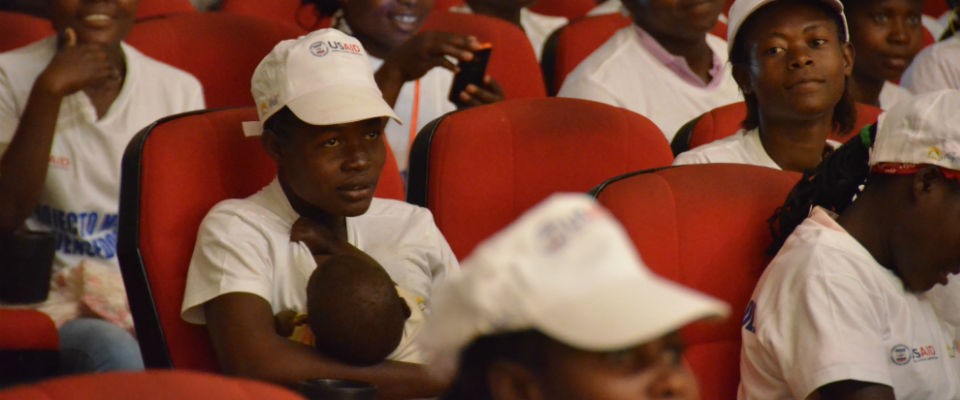Although all the 17 UN-backed Sustainable Development Goals (SDGs) are important, “gender equality” coming as high up as item No. 5 on the list tends to give it relatively great priority
In any case, achieving all the goals by 2030 will bring huge positive changes in society. But to achieve the envisaged gender equality, a number of definitive strategies must be formulated and implemented in the letter and spirit.
Capacity building and leadership grooming are among the strategies that must seriously be taken into account. In the gender equality stakes, leadership and capacity building need to start very early in life under parental tutelage – and then on to institutional tutelage (schools) before hitting the world stage, so to speak.
A workshop by the Tanzania Gender Networking Program (TGNP) held in Dar es Salaam on Wednesday highlighted some key challenges that Tanzania faces in seeking to achieve gender equality.
Lack of self-confidence and readiness to vie for leadership positions create imbalances in the distribution of key posts in Tanzania. Some workshop participants observed that when a person vies for a certain position, he/she tends to use all resources available to capture that position.

In such a situation, women were urged NOT to sit on their hands – hoping to be given leadership positions on a silver platter – but to become go-getters and compete for the available positions.
Former National Assembly Speaker Anne Makinda challenged women leaders to show the way to other women, encouraging them to routinely vie for leadership positions.
Political parties – currently among the few most influential entities in Tanzania – were also challenged to consider elevating women to top leadership positions. It is lamentable that none of the 19 active political parties in the country has a woman as national chairperson.
ENFORCE LAW TO PROTECT GIRLS
It is a big shame that some communities are still practising the primitive and dangerous traditional ritual of female genital mutilation (FGM) in the 21st century. It is rampant in Mara, Dodoma, Singida, Kilimanjaro, Manyara and Arusha regions, targeting teenage girls.
The majority of those still clinging to this backward so-called rite of passage have a narrow understanding of the consequences, as they lack knowledge of its harmful effects.
Women and gender activists have over the years accused the government of failing to eliminate the practice, which some communities continue to perform openly, accompanied by traditional dances.
Despite the existence of legislation against FGM, it is not as vigorously enforced as it should. Largely to blame are the local leaders, especially at the village level, who are well aware of the rampant practice in their areas, but choose to turn a blind eye.

